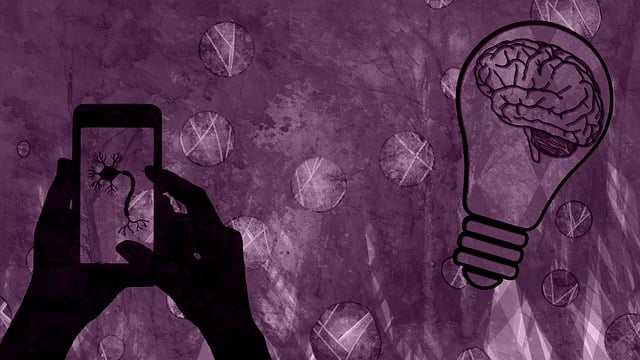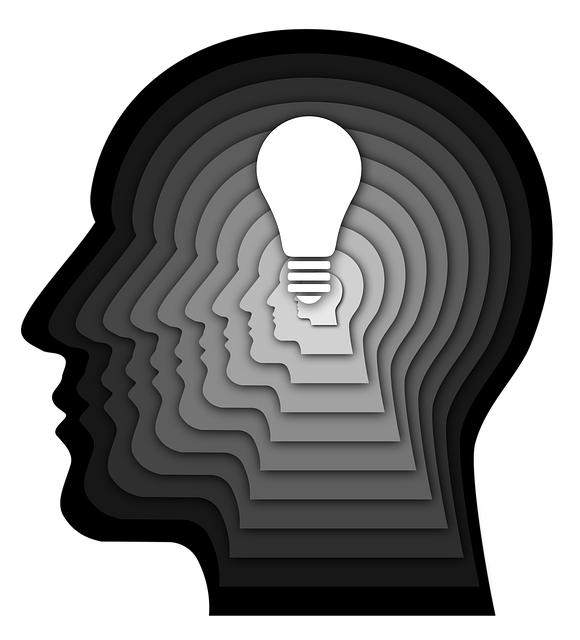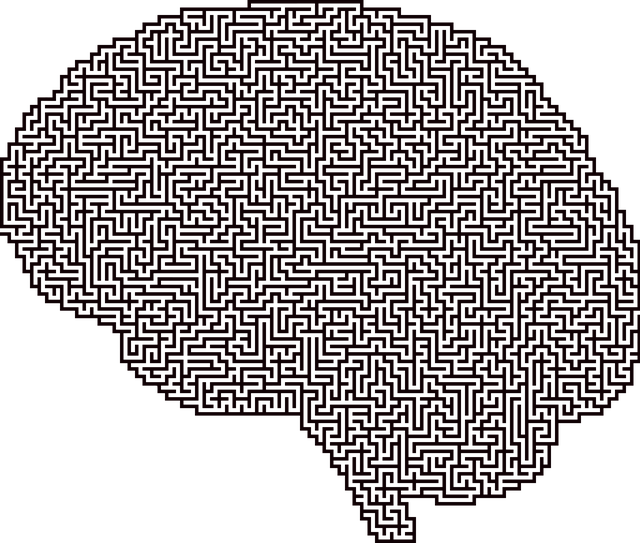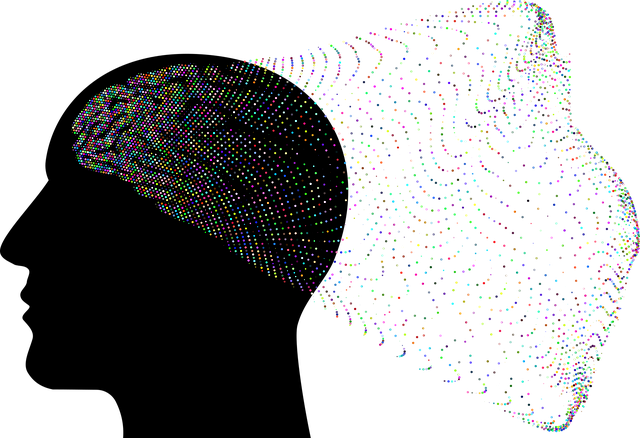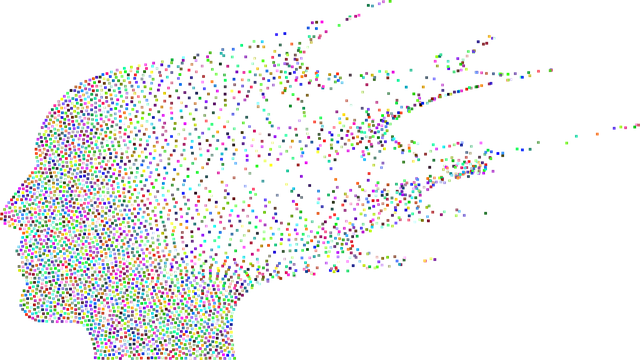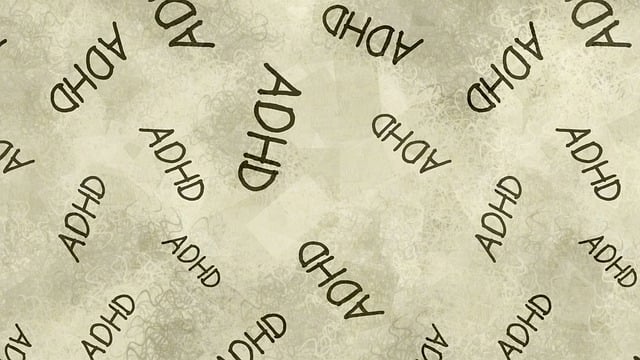Wheat Ridge Anxiety Therapy offers a revolutionary approach to mental illness diagnosis, focusing on anxiety disorders. By integrating evidence-based practices like CBT and mindfulness interventions, along with advanced tools like AI algorithms and data analytics, they enhance diagnostic accuracy. This personalized, holistic method not only improves treatment effectiveness but also empowers individuals with long-term coping strategies for optimal mental wellness. The result is improved patient outcomes and increased awareness of mental health issues, including depression prevention.
Mental illness diagnosis accuracy is a critical aspect of patient care, yet current methods face significant challenges. This article explores strategies to enhance diagnostic precision, focusing on the potential of innovative therapies like Wheat Ridge Anxiety Therapy. We discuss evidence-based assessment practices and highlight the transformative role of technology in training, all aiming to improve the reliability of mental health diagnoses. By implementing these efforts, healthcare professionals can ensure more effective treatment planning and improved patient outcomes.
- Understanding the Current Challenges in Mental Illness Diagnosis
- Wheat Ridge Anxiety Therapy: A Novel Approach to Enhance Accuracy
- Implementing Evidence-Based Practices for Improved Assessment
- The Role of Technology and Training in Advancing Diagnostic Reliability
Understanding the Current Challenges in Mental Illness Diagnosis

Diagnosing mental illnesses accurately is a complex task due to the intricate nature of human minds and emotions. One of the primary challenges lies in the diverse presentation of symptoms, which can vary widely from person to person, making it difficult for healthcare professionals to pinpoint specific disorders. For instance, anxiety disorders often manifest as a range of distressing feelings, behaviors, or physical sensations, overlapping with other conditions like depression or even stress-related reactions. This complexity necessitates a nuanced approach to assessment, requiring therapists to carefully differentiate between similar symptoms and identify the underlying cause.
Wheat Ridge Anxiety Therapy, for example, focuses on providing personalized treatment plans that cater to these unique challenges. Through evidence-based practices and a holistic understanding of mental wellness, therapists aim to enhance diagnostic accuracy. The Mental Wellness Podcast Series Production can also play a role in raising awareness about various mental health topics, promoting self-awareness exercises, and encouraging open conversations around these issues. By fostering better comprehension of mental illness, we can improve diagnosis and ultimately enhance the effectiveness of treatment plans, benefiting individuals seeking support for their mental wellness.
Wheat Ridge Anxiety Therapy: A Novel Approach to Enhance Accuracy

Wheat Ridge Anxiety Therapy represents a novel approach to enhancing mental illness diagnosis accuracy, particularly in identifying anxiety disorders. This innovative method focuses on providing a comprehensive understanding of an individual’s anxiety symptoms and their underlying causes, thereby improving the effectiveness of treatment plans. By integrating advanced therapeutic techniques with meticulous risk assessment for mental health professionals, this therapy aims to unravel complex anxiety presentations.
Through tailored interventions, Wheat Ridge Anxiety Therapy seeks to not only alleviate symptoms but also equip individuals with coping strategies for long-term mental health maintenance. The strategy’s success lies in its ability to bridge the gap between symptom recognition and personalized treatment, addressing a critical aspect of mental health awareness and depression prevention. This approach is a game-changer in the realm of mental healthcare, promising more precise diagnoses and improved patient outcomes.
Implementing Evidence-Based Practices for Improved Assessment

Implementing evidence-based practices is a pivotal strategy for enhancing the accuracy and reliability of mental illness diagnoses. Wheat Ridge Anxiety Therapy, for instance, emphasizes a multi-faceted approach that incorporates techniques like Cognitive Behavioral Therapy (CBT), Mindfulness-Based interventions, and Social Skills Training. These methods are supported by extensive research demonstrating their efficacy in managing anxiety disorders and other common mental health challenges. By adhering to evidence-based practices, therapists can minimize errors in assessment and ensure more precise diagnoses, leading to tailored treatment plans that yield better patient outcomes.
Crisis Intervention Guidance, another crucial element, equips professionals to handle acute situations effectively. Training in crisis management enables therapists to assess patients during moments of heightened distress, accurately identifying the intensity and nature of their symptoms. This real-time evaluation, combined with ongoing mental wellness journaling exercise guidance, allows for a comprehensive understanding of individual experiences and contributes to more accurate diagnoses.
The Role of Technology and Training in Advancing Diagnostic Reliability

The integration of technology and enhanced training programs plays a pivotal role in improving the reliability of mental illness diagnoses. Advanced digital tools, such as artificial intelligence (AI) algorithms and data analytics platforms, offer promising avenues for accurate assessments. These technologies can analyze vast amounts of patient data, including medical histories, symptoms, and even language patterns, to support clinical decision-making. For instance, AI models trained on comprehensive datasets can assist mental health professionals in identifying subtle nuances and patterns indicative of specific disorders, thereby reducing the likelihood of misdiagnosis.
Moreover, continuous training programs focused on evidence-based practices and the latest research are instrumental in fostering reliability. These initiatives equip healthcare providers with an in-depth understanding of various mental health conditions, enabling them to employ tailored interventions. Incorporating Mind Over Matter principles, Self-Awareness Exercises, and encouraging the development of a robust Self-Care Routine for Better Mental Health can significantly enhance diagnostic precision. By combining technological advancements with specialized training, Wheat Ridge Anxiety Therapy and other similar practices can ensure that patients receive accurate diagnoses and access appropriate, effective treatments.
Mental illness diagnosis accuracy has long been a complex issue, but with innovative approaches like Wheat Ridge Anxiety Therapy, evidence-based practices, and technological advancements, we can significantly enhance reliability. By combining novel therapeutic methods with rigorous training and the integration of technology, healthcare professionals can navigate the challenges of mental health assessment more effectively. This multi-faceted approach ensures that individuals receive accurate diagnoses, leading to improved treatment outcomes and a better quality of life.

